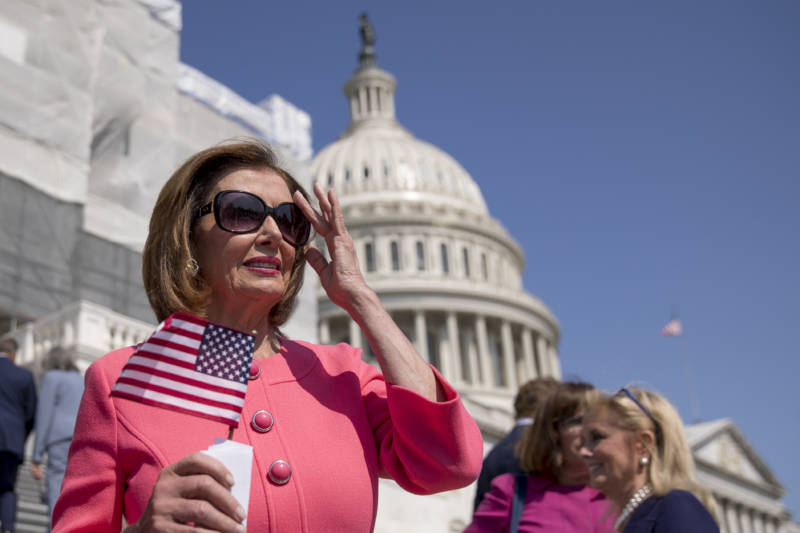“It is unacceptable that Americans pay vastly more than people in other countries for the exact same drugs, often made in the exact same place. This is wrong, this is unfair, and together we will stop it. We will stop it fast,” he said in February.
The pharmaceutical lobby, with backing from GOP allies, opposes any effort to regulate the drug market.
“This proposal crushes the desperate hopes of patients and their families that life science innovators will be the answer to their prayers,” Jim Greenwood, president of the Biotechnology Innovation Organization, which represents biotechnology companies, said in a statement.
“It abandons any pretense of allowing a free and fair market system to determine the value of prescription medicines, including for the most innovative medical breakthroughs,” he added.
At least one powerful Senate Republican, Finance Committee Chairman Chuck Grassley, R-Iowa, is willing to buck party orthodoxy to get a bill to lower drug prices.
Grassley and Sen. Ron Wyden, D-Ore., cut a deal in July on legislation that limits out-of-pocket costs for seniors in Medicare’s Part D prescription drug program to $3,100 per year starting in 2022.
Grassley moved a draft version of that proposal out of committee over the objection of most Republicans on the Senate Finance panel, who oppose it on free-market principles. His proposal is more modest — the House plan would regulate drug prices more aggressively and outside the scope of Medicare as well — but Grassley is hoping Pelosi’s broader bill will help Republicans rally around his.
Grassley has been pitching his proposal to Senate Republicans as the more moderate plan on an issue generally popular with voters everywhere. He is also warning Republicans that if they do not coalesce around an alternative to offer to the president for his support, Trump could join forces with Pelosi instead.
